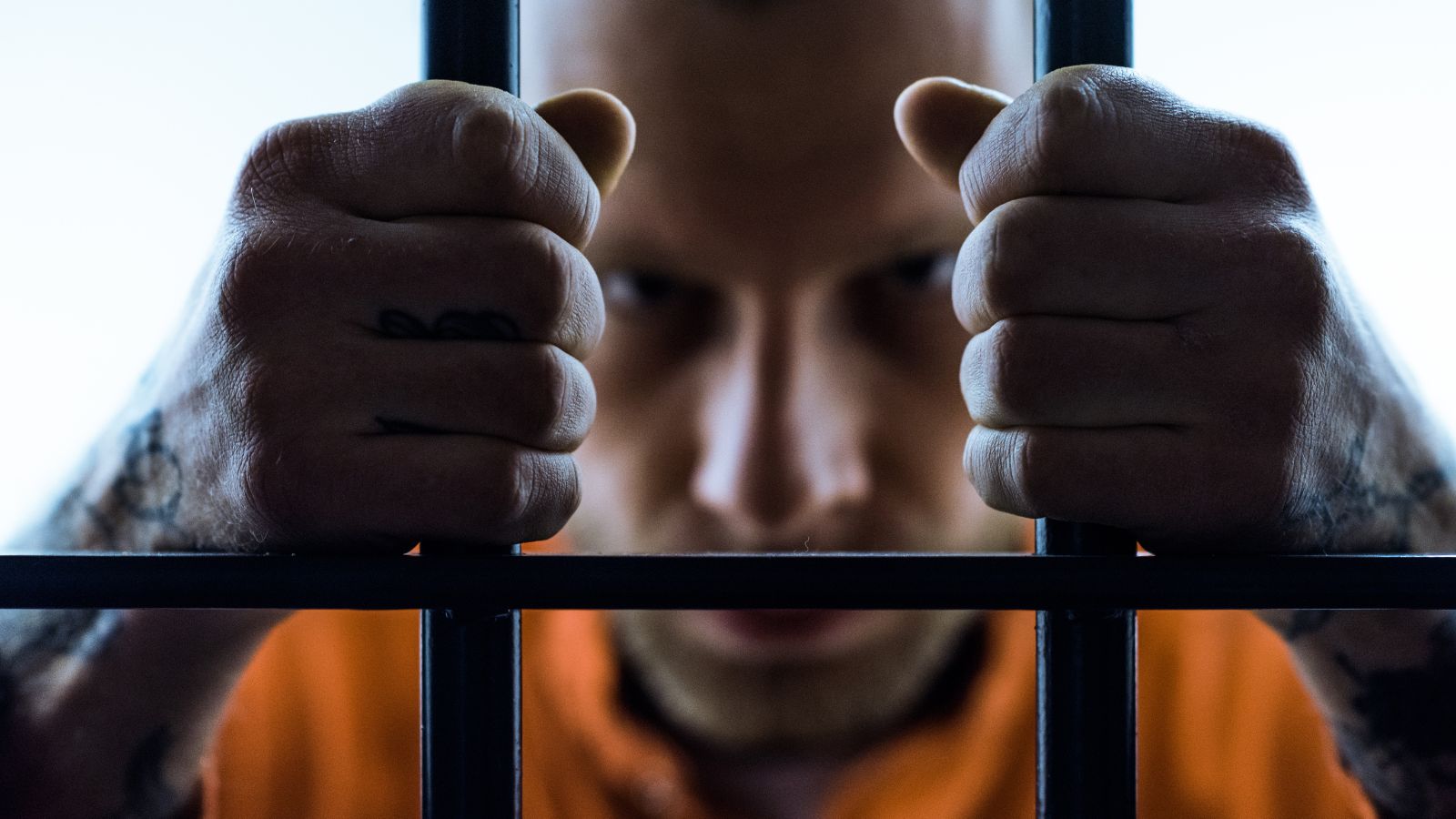Prison is a punishment, but there is little consideration towards the long term effects on those who have spent time incarcerated. Once they’ve left, that should be the end of the experience. Many struggle to let go and their experiences and the social stigma of having committed a crime will stay with them. Here are 18 habits that haunt prisoners long after they’ve left.
The Lingering Trauma of Incarceration

Being incarcerated is an experience that will be carried with most prisoners for the rest of their lives. Habits picked up when you are in a survival situation are difficult to shed, even when you are safe back on the outside. Former prisoners find it hard to adjust back to a world that isn’t regimented and carry the trauma picked up in prison for the rest of their lives.
Flashbacks and Nightmares: Reliving Prison Experiences
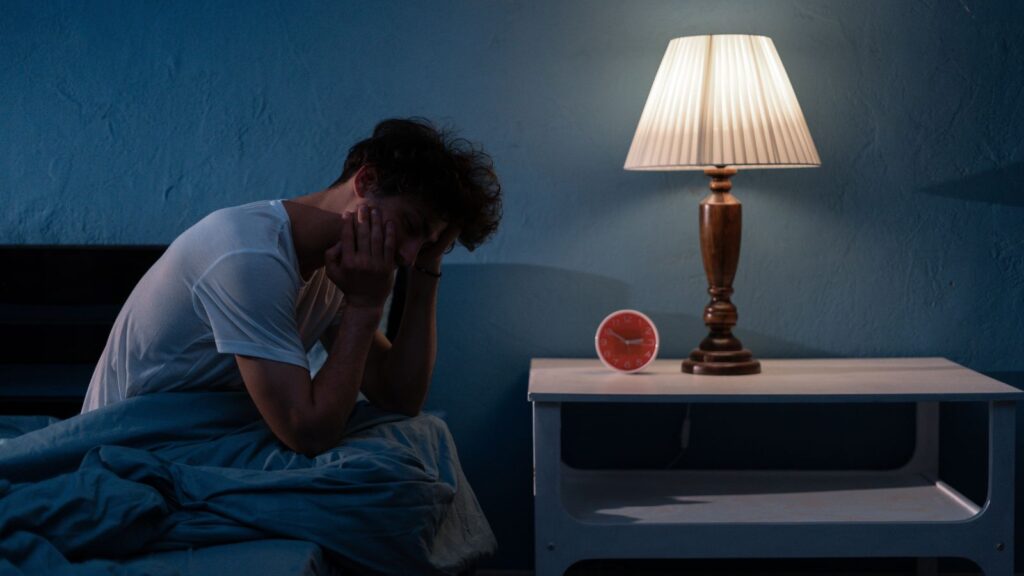
Violence in prison is an everyday occurrence; if they are not on the receiving end of the violence, prisoners will still see horrific acts. Even with therapy, ridding the brain of these experiences is difficult, and former prisoners will have nightmares and flashbacks for the rest of their lives. Such experiences have the consequence of the prisoner always being in survival mode.
The Weight of Isolation: Emotional Scars from Solitary Confinement

Solitary confinement in a tiny cell can turn a person insane. Aside from having food shoved through a hole in the door, there is no communication. The screams from other prisoners add to a terrifying ordeal. Former prisoners who have experienced solitary confinement are often claustrophobic.
The Psychological Impact of Prison Violence

Not everyone in prison is there for committing violent crimes; by the time they leave, violence will have been normalized. It is a survival method for most and an unhealthy and dangerous attitude towards violence is gained. It is hard to shed and most former inmates will resort to violence quicker than those who have never been to prison.
Navigating PTSD After Release

Prisoners with PTSD have debilitating symptoms which affect their ability to maintain and start new relationships. There is also the problem of finding support and even being able to recognize the presence of PTSD. Loud noises, people coming close and even someone looking at them will be enough to trigger a response or a symptom of PTSD.
Dealing with the Stigma of a Criminal Record

Having a criminal record will stop you from being hired for jobs and other people will judge you. Inside there is a community element; everyone is aware they are criminals and hierarchies are based on the crimes committed. Having a criminal record stops former prisoners from living normal lives and makes it hard to let go of their criminality.
Rebuilding Trust: The Long Road to Healing

In prison, you can’t trust anyone. No matter how much you think a person is your friend, they will double-cross you. It’s pure survival and an intentional product of the penal system. When you leave that environment, you need to be able to trust others, something which is easier said than done. Most criminals never learn to trust, hurting their ability to make friends and have relationships.
Loss of Time

Time in prison becomes a paradox of eternal relevance and irrelevance; if you’re there for years you don’t want to think about it. Yet, it is also all that some prisoners think about. When you come out, everyone you knew before you went inside will have changed and all that time missed will become very apparent.
Anxiety and Hypervigilance: Lasting Effects of Prison Life

Despite movie depictions, prison is boring; prisoners sit in a cell with nothing to do. Even so, they still have to be on constant alert. Their cellmate might be prone to violence or there’s someone else who wants to harm them. Prison is a constant state of being alert and this won’t magically disappear once a prisoner has left.
Haunted by Injustice: Coping with Unfair Treatment
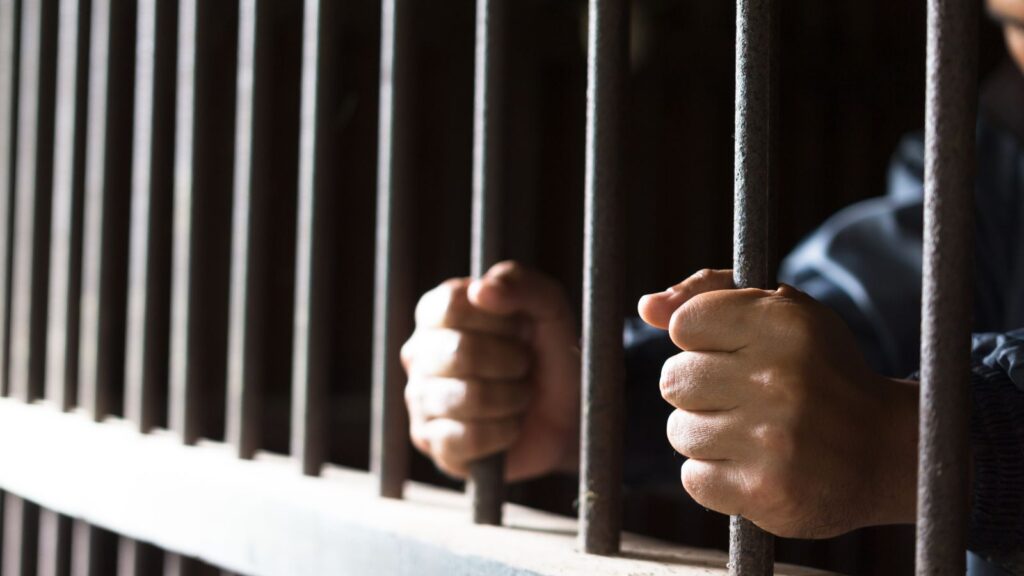
The justice system is not perfect and there are cases where people have been treated unfairly. In prison, everyone believes they are innocent so those who truly are innocent are rarely believed. It is easy to feed into the hatred of a system that is taking away a part of an individual’s life when you are surrounded by like-minded people. That injustice and hatred will never leave and could cause someone to embark on a life of crime when they previously had no intention.
Struggling with Guilt and Shame

There’s a lot of time to think when you are in prison and thoughts of guilt and shame are going to be at the forefront of most prisoners' minds. Once on the outside, these will be worse, especially if their incarceration is stopping them from getting a job and fitting back into society.
The Shadow of Institutionalization: Adapting to Freedom

Most people think that if you are locked away for years, you would celebrate a release. This is not always the case; for many prisoners it’s terrifying. Life inside is structured with guaranteed food and somewhere to sleep. This might not be the same outside. Many prisoners also find it difficult to not be told what to do.
Family Estrangement: Healing Broken Bonds
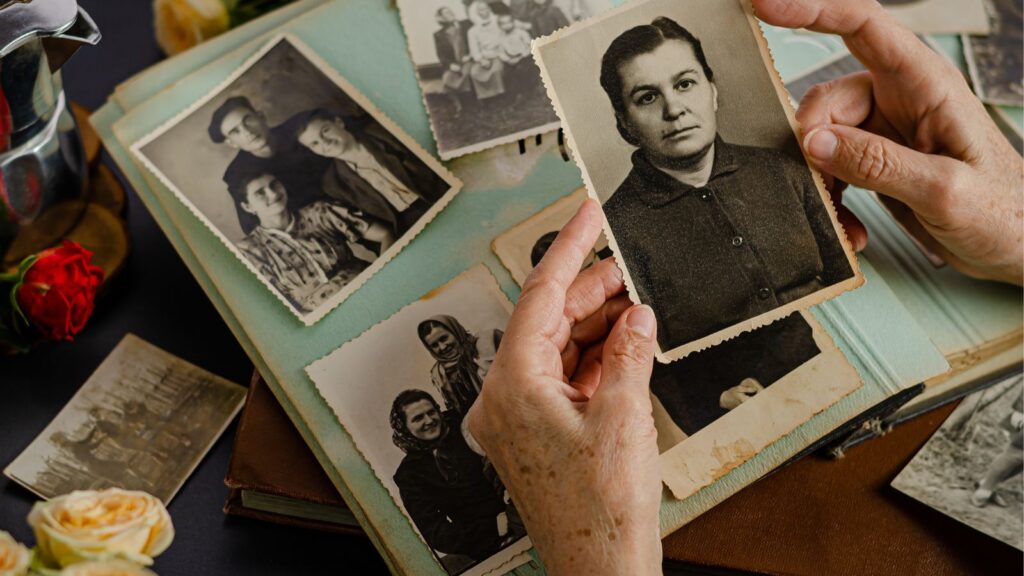
One of the obvious disadvantages of being in prison is that you cannot spend time with your family and this hurts. There is endless time to think about whether they will even be there when you get out; once you are out, you need to put the effort into healing all those broken bonds. For many prisoners, it is too much and they resort to isolating themselves out of guilt and shame.
Facing Discrimination: The Unseen Barriers

Discrimination is not just having a criminal record; it is the social stigma that comes with it. For ex-prisoners who live in small communities, it will be what they are defined by. In prison, they are among people who are the same as them. On release, it can feel impossible to break free from being defined by past mistakes, which can lead to a self-fulfilling prophecy.
Depression and Despair: Mental Health Challenges Post-Prison
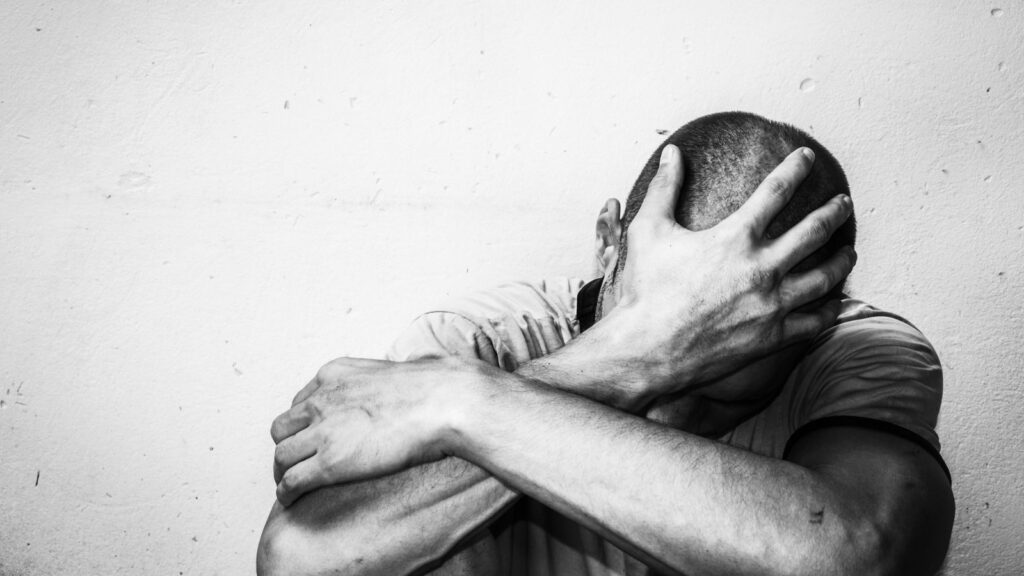
Negative prison experiences add up, combined with mistakes made in life, depression and a sense of despair will be present for many when they leave. It is common for many prisoners to want to go back to prison as mental health challenges can be avoided in prison while institutionalization provides a comfort blanket.
Revisiting the Past: Triggers and Reminders in Everyday Life

Prisoners will find reminders of their prison experience in the things most people take little notice of. Jangling keys, loud shouting, or the banging of metal are all triggers. They may flinch or feel the need to hide away from the world as it is too much of a sensory assault.
The Battle for Self-Redemption and Acceptance

While locked up, most prisoners don’t have to reflect too much on what they are incarcerated for. They may have time but everyone else inside has also committed a crime; acceptance is easy and there is no need for self-redemption. On the outside, it’s different as everyone wants you to be remorseful. A conflict will remain between it being easier in prison rather than being someone who is always reminded of their mistakes on the outside.
Living with the Fear of Reincarceration

One of the biggest fears for prisoners on release is how they are going to stay out of prison. It’s a battle between being institutionalized and wanting freedom. Many do not have the support to survive outside while in prison they’ll have learned more about how to commit crimes. The romanticization of crime will also be hard to leave behind and the fear of doing something to be sent back is always there.
18 Behaviors Branded as Low-Class by Society

18 Behaviors Branded as Low-Class by Society
18 Reasons Gen Z Believes They Should Be Paid Without Working

18 Reasons Gen Z Believes They Should Be Paid Without Working
18 Ways Parents Raise Failed Adults

18 Ways Parents Raise Failed Adults
18 Work Practices Millennials & Gen Z Refuse to Accept

18 Work Practices Millennials & Gen Z Refuse to Accept
23 Personal Topics You Should Never Share With Others

